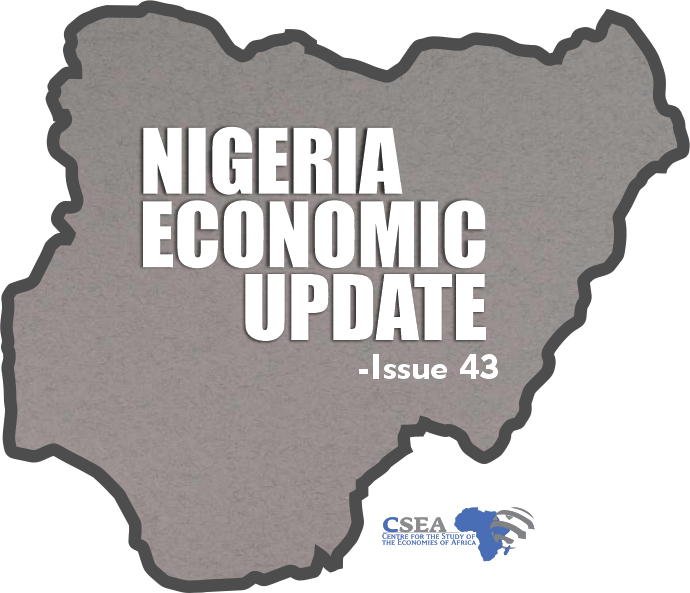
Data released by the Budget Office of the Federation shows that debt service payments on external and domestic debts in the first quarter of 2023 stood at ₦1,317.08 billion, indicating an increase of ₦39.61 billion (3.10 percent) above the ₦1,227.47 billion projected for the quarter. In the period under review, the sum of ₦874.13 billion was used for domestic debt servicing, while ₦442.95 billion was used for external debt servicing. When interest payment on Ways and Means is included, debt service payments in Q1 2023 rose to ₦2,229 billion. The high debt servicing costs for the Federal Government of Nigeria can be attributed to several factors, including the substantial accumulation of domestic and external debt over the years and the high-interest rate charged on Ways and Means, which is estimated at the Monetary Policy Rate plus 3 percent. The interest payments in the subsequent quarters are likely to be lower due to the securitization of the Ways and Means in May. High debt service expenses divert resources from infrastructure development, healthcare, and education. Low investment in these growth-enhancing sectors limits future growth. High debt payments arise from past debt accumulation, fiscal deficits, low taxation, and inefficiency in government spending. It is, therefore, important for the government to institutionalise policies and programs that would ensure that debts are incurred only on viable projects that would bolster economic growth and increase future government revenue. Also, government at all levels should strive to reduce the cost of governance and increase efficiency in spending with the sole purpose of generating the highest public value from taxpayer funds
